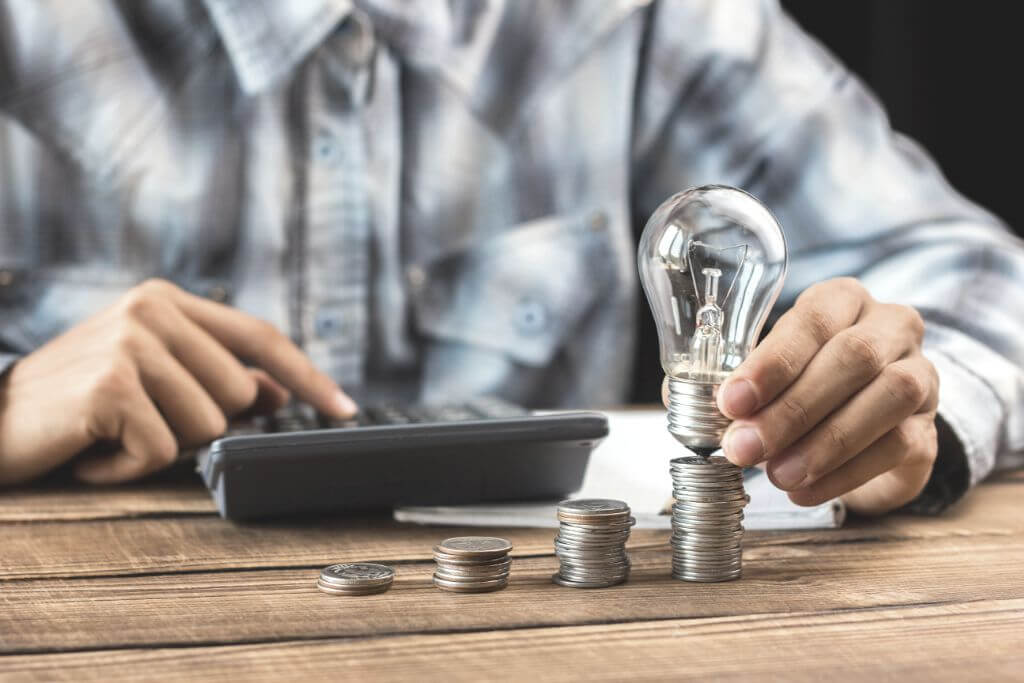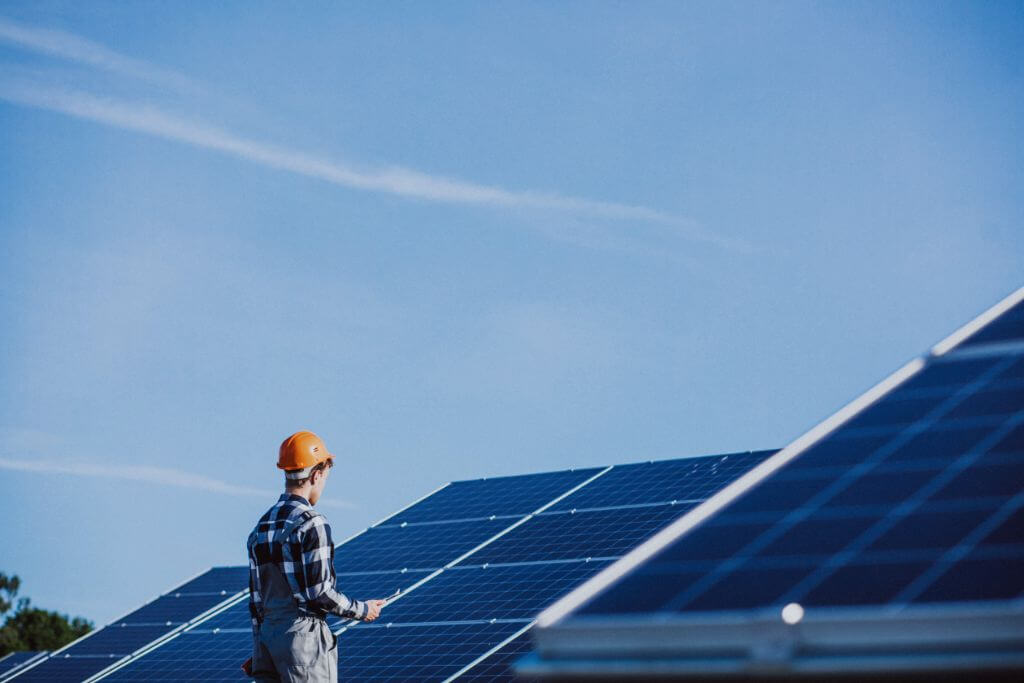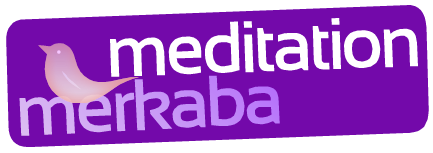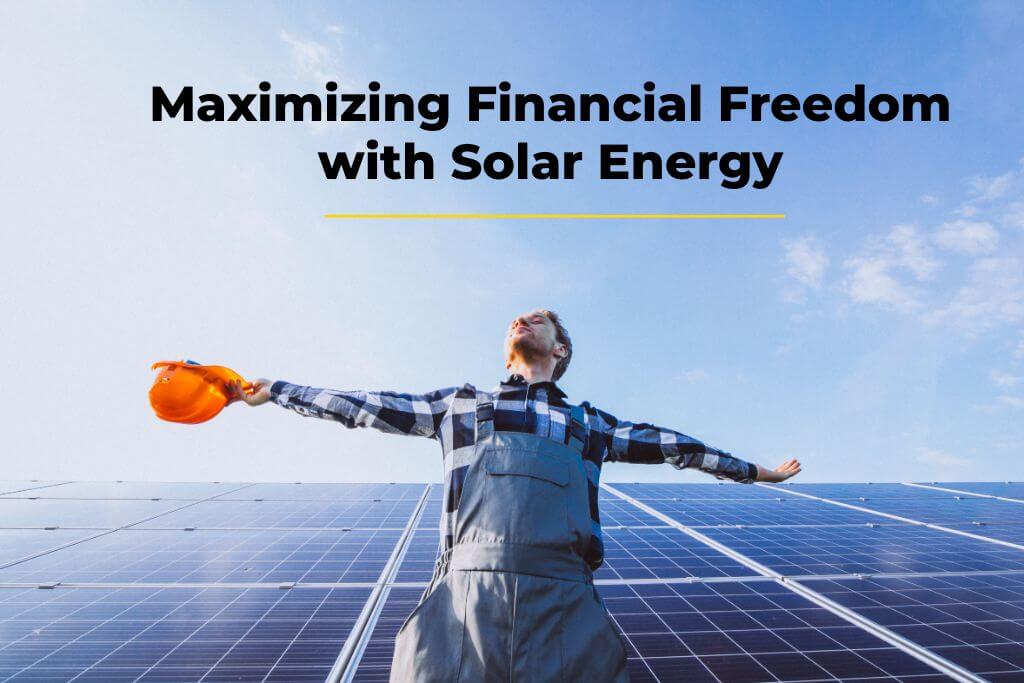Solar energy has become a popular choice for individuals looking to maximize their financial freedom while also benefitting the environment. By harnessing the power of the sun through solar panels, homeowners can significantly reduce their energy costs and even generate income through incentives and tax credits. In this article, we will delve into the various financial benefits of switching to solar energy and how it can pave the way towards financial independence.
Why Should You Consider Solar Energy for Financial Benefits?
Understanding the Financial Benefits of Going Solar
One of the primary reasons to consider solar energy is the substantial financial benefits it offers. By installing a solar system, homeowners can generate their own clean energy, reducing their reliance on traditional electricity sources and saving significantly on their electricity bills. This transition to renewable energy not only cuts energy costs but also contributes to a more sustainable future.
Exploring the Financial Advantages of Solar Energy
The financial advantages of solar energy are vast. Apart from the savings on energy bills, homeowners can benefit from financial incentives such as tax credits for installing solar panels. These incentives help offset the upfront costs of installation, making the switch to solar more affordable and financially rewarding in the long term.

Setting Financial Goals with Solar Energy
Setting financial goals with solar energy involves assessing your current energy consumption, understanding your potential savings through solar, and planning for a more sustainable financial future. By incorporating solar power into your financial objectives, you can achieve not only monetary benefits but also contribute positively to the environment.
This article could be of interest to you: 3 Great Positive Thinking Techniques
How Does the Installation of Solar Panels Impact Your Financial Situation?
Calculating the Cost of Solar Panel Installation
When considering the installation of solar panels, it’s crucial to calculate the overall cost involved. This includes the price of the solar panels, installation fees, and any additional equipment needed for optimal functionality. While the upfront costs may seem significant, the long-term savings and benefits outweigh the initial investment.
Exploring Solar Financing Options
For homeowners looking to install solar panels without bearing the entire upfront cost, exploring solar financing options is a smart financial move. Options such as solar loans, solar leases, or other financing solutions provide flexibility in payment and allow individuals to enjoy the benefits of solar energy without a substantial initial financial burden.
Maximizing Financial Benefits with Tax Credits and Incentives
Maximizing financial benefits with tax credits and incentives is a key advantage of solar panel installation. By taking advantage of government incentives and tax credits, homeowners can recoup a significant portion of their initial investment in solar, making it a financially attractive decision while also promoting the adoption of clean energy.
What are the Key Financial Considerations for Homeowners Going Solar?
Assessing the Long-Term Financial Benefits for Homeowners
Homeowners going solar must assess the long-term financial benefits to understand the impact on their financial situation. From reduced energy bills and potential income from excess energy generation to increased home value, the financial advantages of installing a solar system are diverse and can lead to significant savings over time.
Comparing the Benefits of Solar Loans vs. Outright Purchase
When deciding on how to finance solar panel installation, comparing the benefits of solar loans versus outright purchase is essential. While purchasing solar panels outright offers immediate ownership and maximum long-term savings, solar loans provide a more affordable way to enjoy solar benefits without a substantial upfront payment, allowing homeowners to spread the cost over time.
Understanding the Financial Impact on Energy Bills
The financial impact on energy bills after installing solar panels is a major consideration for homeowners. With a solar system in place, energy bills can reduce significantly or even become nonexistent if the system generates excess energy. This reduction in electricity costs contributes to overall financial savings and enhances financial stability.
What are the Advantages and Disadvantages of Installing a Solar Energy System?
Exploring the Advantages of Using Solar Power
The advantages of using solar power are numerous, ranging from reduced energy costs and environmental benefits to energy independence. Solar power is a clean, renewable energy source that helps reduce reliance on traditional electricity grids, providing a sustainable solution for homeowners looking to lower their carbon footprint while saving on energy expenses.
Weighing the Costs of Solar Installation Against Energy Savings
While solar installation involves an upfront cost, homeowners must weigh this against the long-term energy savings it offers. Over time, the energy savings from solar power can far outweigh the initial investment, leading to significant financial gain and a more sustainable energy consumption pattern.

Considering the Upfront Investment vs. Long-Term Financial Gain
Considering the upfront investment versus the long-term financial gain is crucial when deciding on solar installation. While the initial cost may seem daunting, the long-term benefits of reduced energy bills, potential income from excess energy, and increased home value make solar installation a financially sound decision with substantial returns in the future.
This article could be of interest to you: How Do You Feel After Meditation
How Can Residential Solar Solutions Provide Financial Freedom?
Understanding the Financial Benefits of Residential Solar Systems
Residential solar systems offer significant financial benefits to homeowners seeking financial freedom. By generating their own clean energy, homeowners can lower their energy costs, reduce their dependence on traditional energy sources, and potentially earn money through excess energy production. This financial independence paves the way for greater stability and savings.
Maximizing Savings through Free Solar Programs and Incentives
Maximizing savings through free solar programs and incentives is a smart way for homeowners to enhance their financial situation. Programs offering free installation or incentives for solar adoption not only reduce the upfront costs but also increase the overall financial benefits of switching to solar energy, making it an attractive option for those looking to save money and contribute to a greener planet.
Exploring the Power of the Sun for Financial Independence
The power of the sun holds the key to financial independence for homeowners. By harnessing solar energy and leveraging its financial benefits, individuals can achieve greater financial stability, lower their energy costs, and reduce their carbon footprint. Embracing residential solar solutions not only saves money in the long run but also promotes a sustainable lifestyle that benefits both the individual and the environment.
FAQs
How can home solar help in maximizing financial freedom?
Home solar systems can help reduce or eliminate monthly electricity bills, providing long-term savings and financial security.
What factors determine the cost of a solar panel system?
The cost of a solar panel system is influenced by factors such as system size, equipment quality, installation complexity, and location.
What is a solar tax credit and how does it benefit homeowners?
A solar tax credit is a financial incentive that allows homeowners to deduct a portion of the cost of installing a solar energy system from their federal taxes, promoting investments in solar energy.
How do solar panels generate electricity for homes?
Solar panels generate electricity through the photovoltaic effect, which converts sunlight into usable electrical power for residential use.
What are the benefits of investing in solar renewable energy certificates (SRECs)?
Investing in SRECs allows homeowners to earn credits for the clean energy their solar panels produce, which can be sold to utility companies for additional income.
How does choosing a solar power purchase agreement (PPA) contribute to lower energy costs?
Opting for a solar PPA enables homeowners to use solar energy generated by a third-party provider at a lower cost than traditional utility rates, leading to immediate savings on energy expenses.
What is the average lifespan of a solar panel system and how does it impact long-term financial planning?
Solar panel systems typically have a lifespan of 25-30 years, offering a reliable and durable source of energy that can significantly enhance financial planning by reducing utility costs over an extended period.










